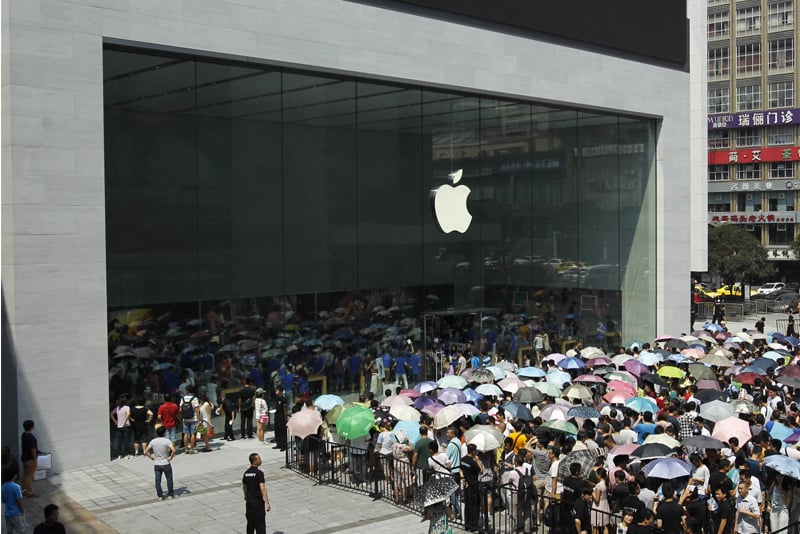
Everyone gets FOMO – the fear of missing out. It drives our purchasing habits, rivalries between competing brands, popularity of design and more. Fear of missing out in marketing takes many forms, from the rise and fall of particular trends in copywriting or seasonal events to the use of technology like AI, chatbots and curated experiences.
This is, of course, not always a problem – new discoveries, ways of working, and advances beneficial to the customer would not be so widely developed or available without buy-in from marketers and that all-important fear of missing out on something new.
The problems with FOMO for marketers are made manifest in two main areas – two of Econsultancy’s Three Horsemen of the marketing apocalypse – ‘short termism’ and missing out on new tech.
Short Termism
Short-term focused marketing can be great, particularly with the evolution of social media and the shift in consumption toward quick-read, headline-focused content. It is also vitally important to some industries, where successes and conversions over the course of a few weeks can dictate the next decision and the next avenue of activity. On a larger scale, instant data on account activity is available to most marketers – and with data dashboards, alerts and automated optimisations, it is incredibly difficult to avoid focusing all your strategies around ‘quick wins’ and short-term adaptation based on immediate data.
Over-commitment to a short term focus leads marketers to base their strategy around attempting to maximise the value in each channel or discipline at campaign launch, without taking time to see how their strategy could have wider ripples. This over-commitment requires immediate decisions on areas that should be given a much broader consideration – going digital vs traditional distribution, the use of bots and auto-responders to streamline customers vs a more hands-on approach, and so on. Responsibility for performance and longer term success after the initial campaign launch is often then also devolved and so ultimately forgotten.
This also impacts on results – an over-reliance on short-term of campaign production limits the scalability and relevance of results to the parameters of that specific campaign. Being unable to extrapolate from longer term data then prohibits learning for future campaigns, or the application of information to other areas of marketing. Snippets of success may look good at the time, but without a long term impact, will start to suffer.
Fear Of Missing New Technology
As the rate of technological change increases alongside the areas of innovation, there can be a fascination within marketing for being a part of the latest trend with the latest implementations. From apps to social media chatbots and the current automation holy grail of AI, the need to be part of the latest tech trends can be very hard to beat – regardless of how ready that new technology really is, or how feasible an implementation is in the long term. And as digitalisation and tech adoption adds new abilities, new expertise are also needed to fulfil their requirements. This can result in over-specialisation with a limited offering, and the fragmentation of responsibility within a project – with each specialised element working to its own KPIs, considerations of success and so on.
Lack of consistency can cause big problems for any campaign, business, or brand – and picking new technology up too early can be an incredibly expensive mistake. Fear of missing out on tech, combined with short-termism, can result in fragmented campaigns that are difficult to quantify or base future marketing work on. This is not to say that short campaigns or technological innovation are not important – but they must be combined with long term vision and understanding for the greatest chance of success!
Latest posts

5 reasons why we still need Wonder in an AI driven world
As an agency, we are grappling with the role and application of AI within our daily business activities, our client offering, and our future growth

The Power of Purpose and Impact on Business Growth
In a marketplace increasingly driven by values and social consciousness, the role of purpose and impact in business growth has never been more critical.

Three key benefits of integrating a sense of Wonder within your brand & marketing strategies
We love creating Wonder. It’s our passion and forms our client mission. However, in an age where your customers and clients are bombarded with constant information and countless choices, capturing attention and building lasting connections has become increasingly challenging. We all have to work harder to capture people’s attention.